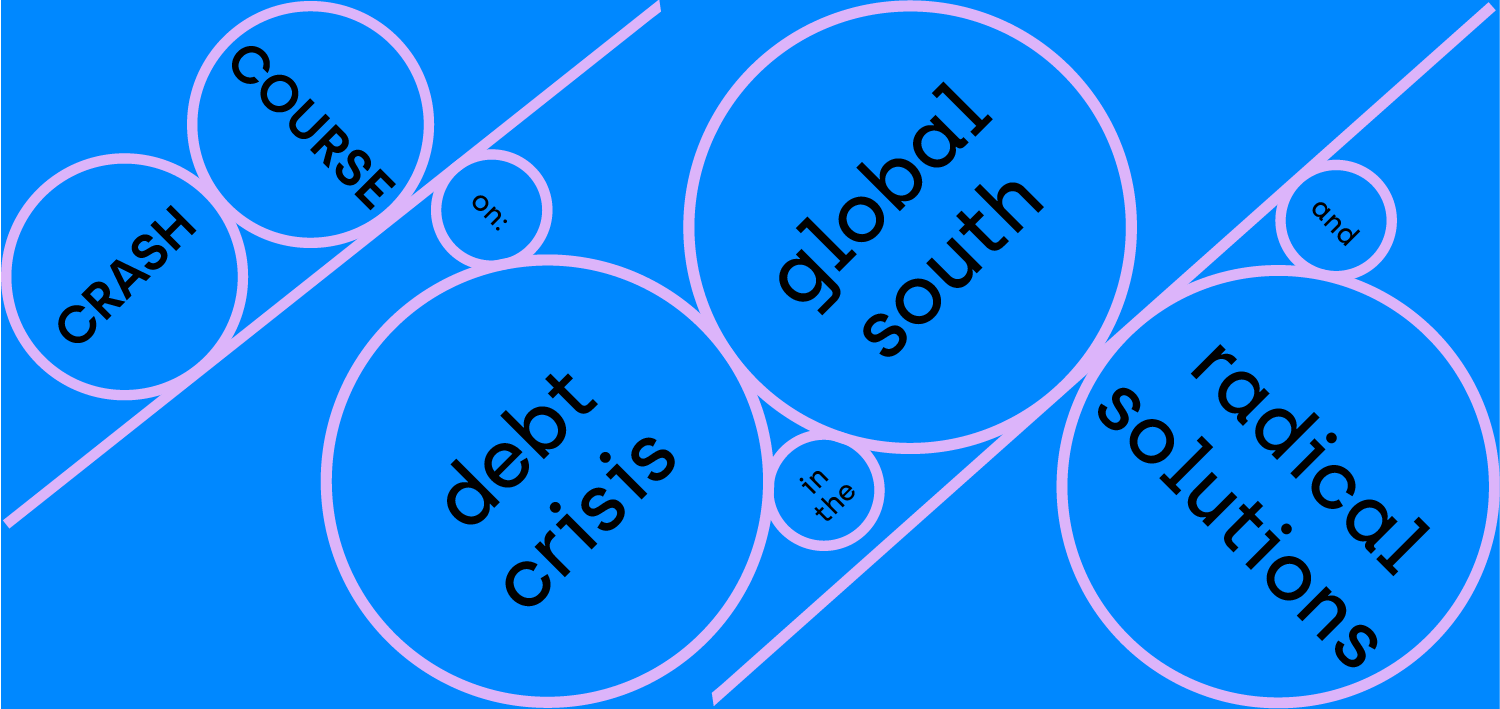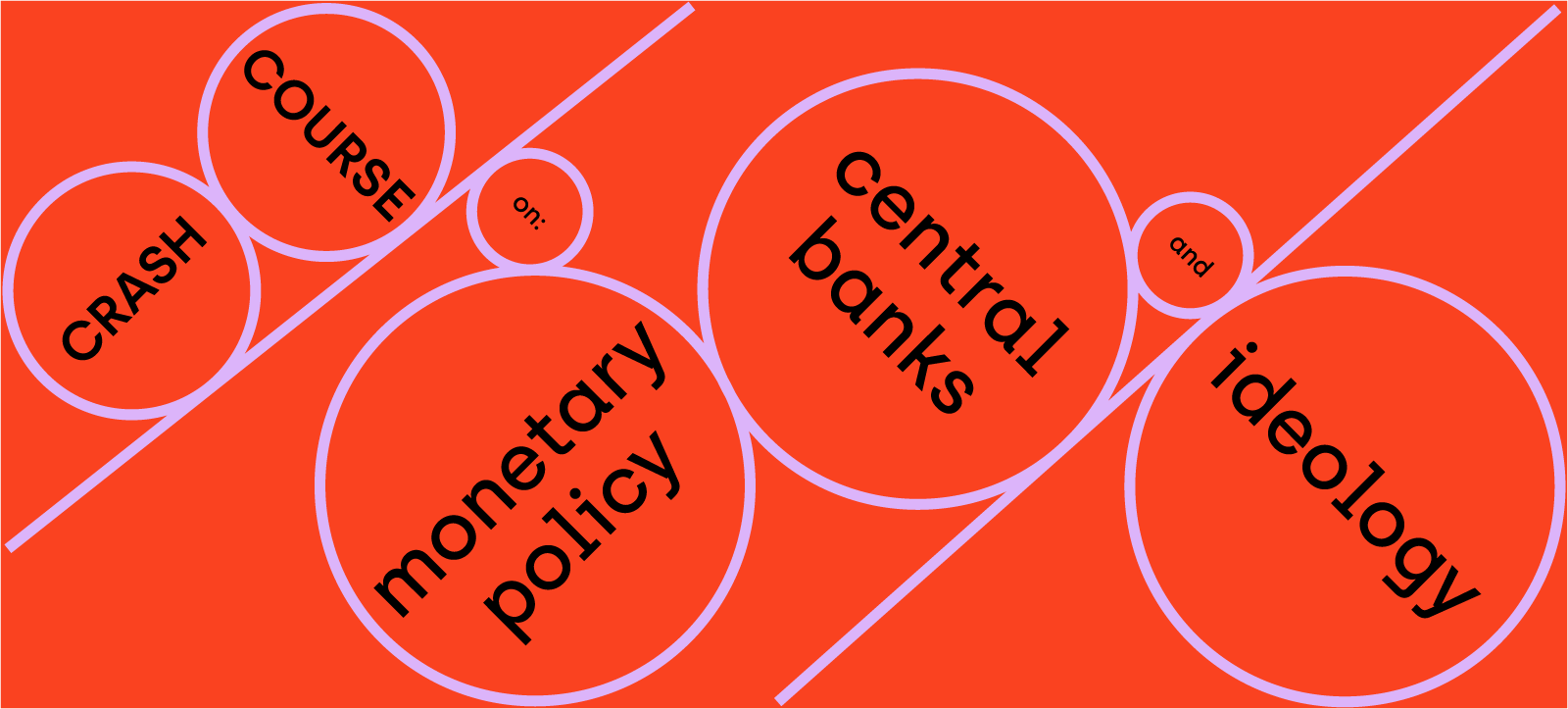
For every product you buy on Amazon, 40% of the price goes directly to Amazon. Corporate titans dominate the market, leveraging their control over technology and resources to outpace smaller rivals and impact value chains, labor, and economies. Why compete, when you can own the market? Why produce when you can lay back and collect monopoly rents?

FiscalMatters' week of debate is the high-level moment on European fiscal policy in 2021. From September 27 to 30, it brings together the best minds to raise awareness and elicit debate. It builds on a wide range of perspectives to present recent academic work and connect ideas and people who care about our future and recognise the importance of fiscal policy for it.

In this third Crash Course series we turn to one of the biggest winners of the Covid-19 Pandemic: Big Tech. These increasingly powerful and financialized firms routinely represent themselves as ‘innovators‘ and ‘problem solvers‘ and self-proclaimed forces for good by connecting ‘users’ worldwide. But are the solutions provided by Big Tech as good as they contend? What does the rise of Big Tech entail for the sovereignty of countries in the Global South? How can we organize democratic control as capitalism moves into an unknown socio-technological phase? And how might we embrace technology as a force for good?

In this series, we discuss the field of debt crises in the ‘developing world’, and the different aspects that determine the subordinate economic and financial position of the Global South and why this matters. Has anything changed since the 1980s debt crises when a global movement called for a debt jubilee? What are the prospects for change? And how can these kinds of debt crises be prevented in future?

Our new Crash Course on monetary policy, central banks and ideology is a platform designed to open up debate on how we can move out of the current crisis and make the necessary steps towards achieving social, economic and ecological justice. Crash Course is inviting global experts on monetary policy to break down complex issues in lay terms and make them accessible to all so that we can understand how to shape our global monetary policy for a fairer future.